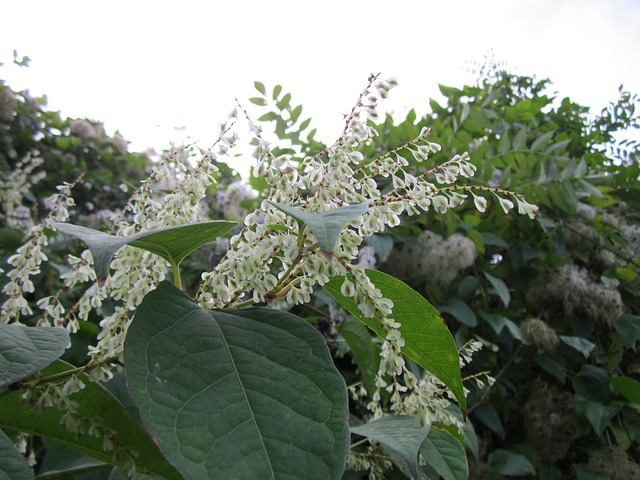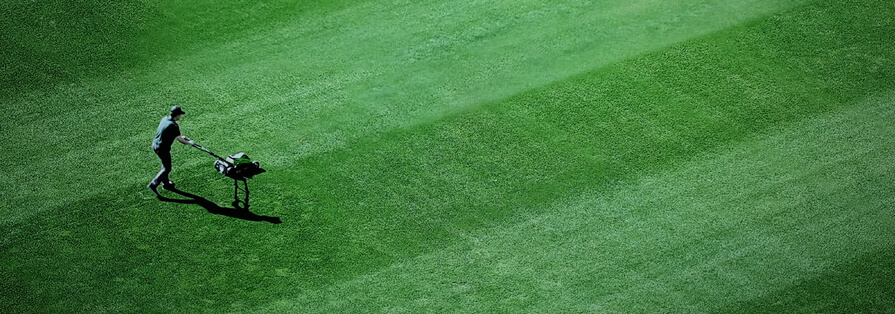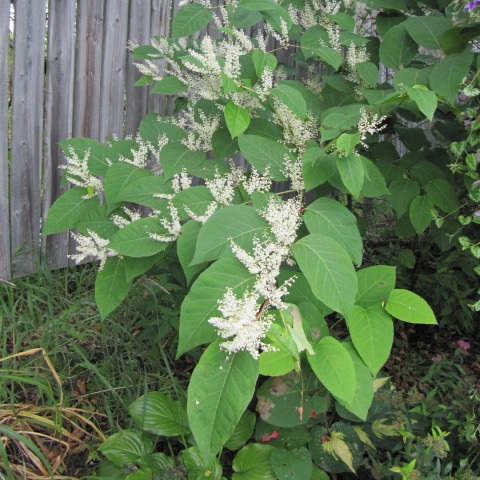
Japanese knotweed can be found all over the UK. Many British homeowners have had problems with this invasive plant species, but it is also abundant in the wild - on roadsides and near railway lines, for example.
What is Japanese Knotweed?
Ecologists are already employing all sorts of different tactics to get the UK's Japanese knotweed problem under control (perhaps you remember our recent blog post about the sniffer dogs who'd been trained for this purpose). But it's hard to defeat an enemy whose location is unclear, and one big hurdle in the fight against Japanese knotweed is the fact we don't know exactly how widespread the plant is.
More...

You might be surprised to read this, but artificial grass is not immune to weeds. True, a fake lawn requires less maintenance than a real one, but going artificial doesn't necessarily mean that you'll never have to worry about weeds again.
As a general rule, you will only ever notice weeds growing around the edge of your artificial lawn, although it is possible for weeds to push through from beneath - especially if your fake grass was installed without a weed-resistant membrane.
More...

SHORT ANSWER: Japanese knotweed can grow up to 10cm per day during the summer months.
Japanese knotweed has a reputation for fast, aggressive growth. Not only can this invasive plant species grow through cracks in brickwork and concrete, it can do so with rather frightening speed!
Japanese knotweed's growth rate depends on the time of year. As we've discussed previously (see When Does Japanese Knotweed Grow?) the plant goes dormant during the winter months, then re-emerges in the spring.
Summer is when the plant hits its top growing speed. Japanese knotweed loves warm weather, and it has been known to grow by as much as 10cm per day during the summer months!
More...

If your school's playing fields have seen better days, we at Total Weed Control may be able to help.
We offer a professional grounds maintenance service throughout South Wales and South West England. Whether you need us to provide occasional support for your in-house groundskeeping staff or a regular, comprehensive grounds maintenance service, we have the expertise and equipment necessary to keep your playing fields in tip-top condition.
More...
Like an unwanted house guest, Japanese knotweed can be difficult to get rid of. Patience and persistence are key to getting the job done properly.

Photo by Leonora Enking (View Original)
As we discussed in our blog about Japanese knotweed's growing cycle, this invasive species may appear to die off completely during the winter months. But appearances can be deceptive.
More...
